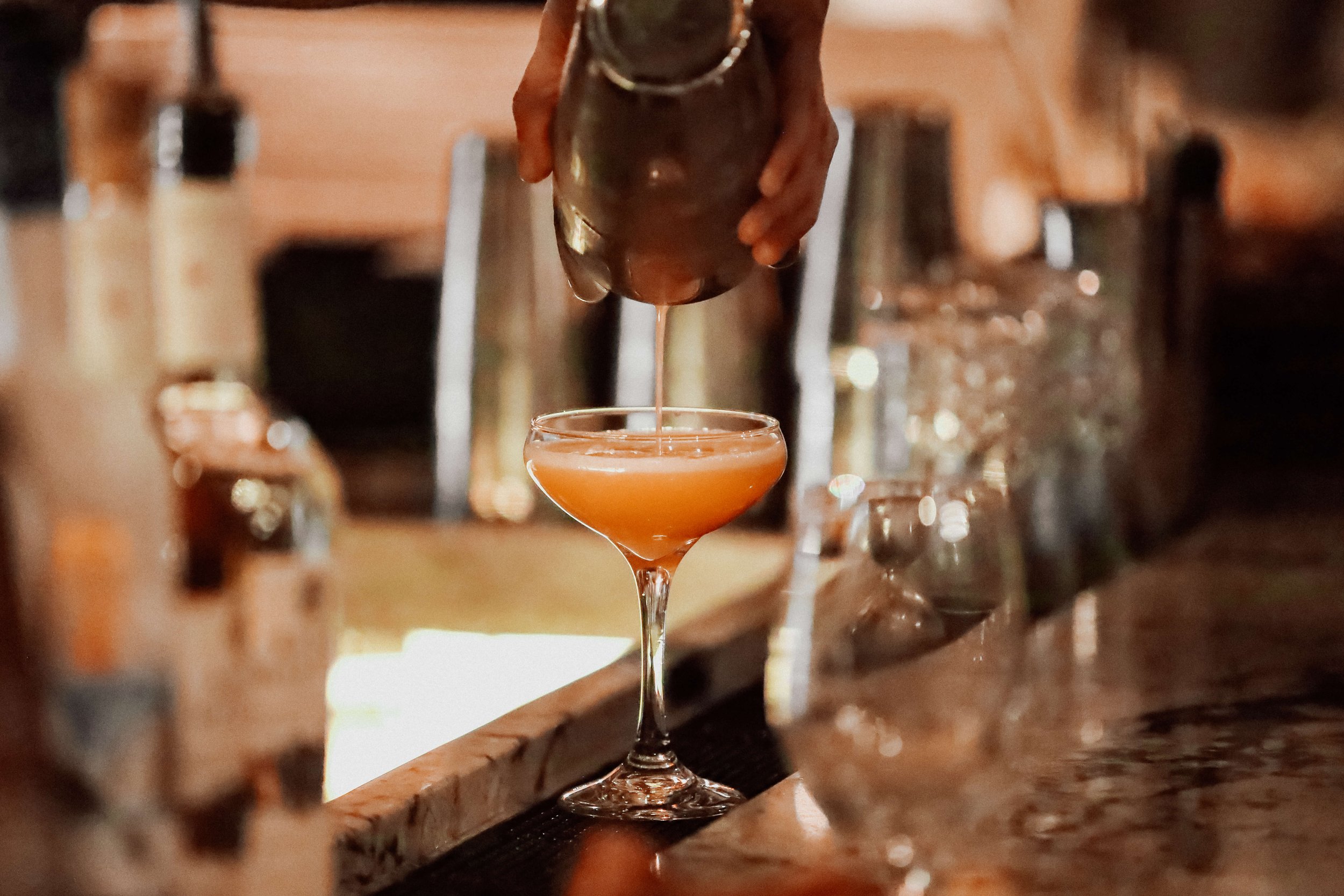Top Factors to Consider When Buying Alcohol for Your Wedding
Top Factors to Consider When Buying Alcohol for Your Wedding
When planning the alcohol for your wedding, several key factors will influence how much you need. Here’s what you should keep in mind to ensure your bar is well-stocked and your celebration is a hit.
1. Order of Events
“Guests are always moving and often leave half-finished drinks behind, grabbing new ones as they mingle and dance,” notes expert Patrick Davila. To accommodate this, consider adjusting the alcohol types throughout the event. Start with cocktails at the reception, serve wine with dinner, and switch to lower-alcohol specialty drinks for dancing and the after-party. You might also consider offering just wine and beer after the reception to manage consumption and costs.
2. Event Time, Duration, and Season
The timing and length of your event, as well as the season, greatly impact your alcohol needs. Daytime weddings typically require less alcohol compared to evening events. For summer weddings, opt for more white and rosé wines, while red wine is preferable for winter. If you’re serving only wine and beer, you won’t need to worry about mixers. Remember, longer events, such as those spanning seven hours with an open bar, will require more alcohol. Factor in any traditions, like champagne toasts or libation ceremonies, when calculating quantities.
3. Mixers and Garnishes
Don’t forget to account for mixers and garnishes, which should match the season. Winter weddings might feature mixers like spiced cider and garnishes such as cranberries and cinnamon sticks, whereas summer events could include lemonade mixers and fresh fruit garnishes like mint and cucumbers. If you’re hiring a full-service bar, ensure they provide the seasonal ingredients you envision.
4. Type of Wedding Bar Service
Decide whether you’ll offer a full open bar or a selection of pre-chosen cocktails. An open bar allows guests to choose their drinks, which can require more alcohol, whereas pre-selected cocktails focus on specific beverages. If you opt for a cash bar, where guests pay for their own drinks, you’ll need less alcohol, but it may affect the overall guest experience. “For cash bars, use about half the amount of alcohol compared to an open bar,” suggests expert Juan Castillo.
So, how much alcohol do you need for your wedding?
It ultimately depends on your specific situation, but a good rule of thumb is to assume each guest will consume at least one alcoholic drink per hour. Having a solid guest count will help you plan accurately and make informed decisions with your vendors or when purchasing alcohol on your own.
Calculating the right amount of alcohol can be tricky, as it depends on factors like location, time of year, guest preferences, and service style. However, hospitality expert Patrick Davila offers some general guidelines:
Beer: 0.5 beers per guest
Wine: 1 bottle per 2.5 guests
Champagne: 1 bottle per 6 guests (for toasts only)
Liquor: 1 bottle per 5 guests (for a 3-hour open bar)
After-party: 1.5 drinks per person per hour
One thing you definitely don't want on your wedding day? Running out of alcohol (assuming you plan to serve it). While alcohol can be a significant expense in your wedding budget, it's crucial to ensure you have enough for your ceremony, reception, after-party, or all of the above. By considering these factors, you’ll be better equipped to plan your wedding bar effectively and ensure your celebration runs smoothly.
Photos by the Light Seeker
Evan Moore Photography








